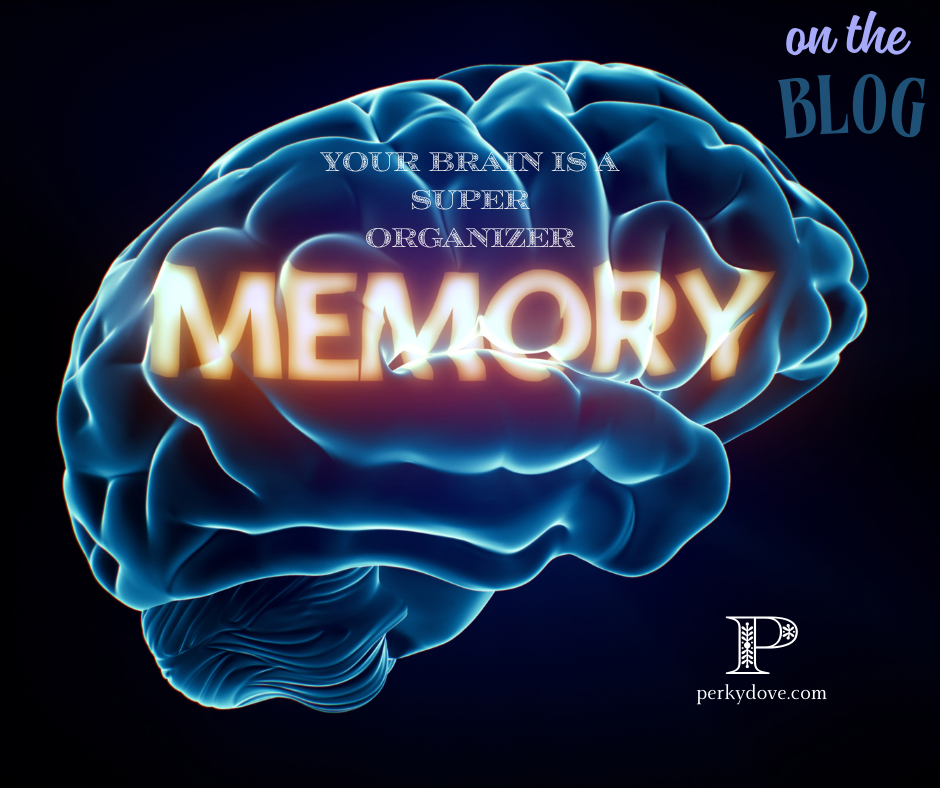We use affiliate links. If you purchase something using one of these links, we may receive compensation or commission.
Did you know your brain is constantly backing up your memories, just like a well-organized digital archive? Scientists have recently discovered that the human brain stores at least three copies of every memory, ensuring that important information isn’t easily lost. This fascinating discovery sheds light on how we learn, recall, and protect our most valuable experiences.
120 Delicious and Healthy Plant-Centered Recipes
How Does the Brain Store Multiple Copies of Memories?
Our brains are incredibly complex, using a multi-layered system to encode, store, and retrieve memories. According to recent research, memories are stored in different areas of the brain simultaneously. This redundancy serves a critical purpose: it provides a backup system that helps maintain memory even when parts of the brain are damaged or when natural cognitive decline occurs.
The three copies of each memory are thought to exist in different regions of the brain, reinforcing each other like a network of safety nets. This explains why, even if we momentarily forget something, we can often retrieve it later with the right cues.
However, memory isn’t as static as we might think. Each time we recall a memory, we are actually remembering the last time we thought about it rather than the original event itself. This process, known as memory reconsolidation, means that our memories can subtly change over time. Emotions, new experiences, and even personal biases can shape and alter memories, sometimes making them less accurate than we assume.
Why Does the Brain Create Backups?
Much like an external hard drive safeguards important files, the brain’s memory redundancy helps:
-
Prevent Data Loss – If one memory copy is weakened due to stress, aging, or injury, the others can help reconstruct the information.
-
Enhance Learning – By storing multiple versions of a memory, the brain can access information more efficiently and strengthen recall over time.
-
Improve Adaptability – Having multiple memory traces allows us to make connections between past experiences and new situations, helping us think critically and solve problems faster.
How to Strengthen and Protect Your Brain’s Memory Bank
Since our brains naturally create multiple backups of memories, it’s essential to support this system with healthy lifestyle choices. Here are some key ways to keep your memory sharp:
1. Nourish Your Brain with the Right Foods
Certain foods help enhance memory retention and cognitive function. These include:
-
Blueberries – Rich in antioxidants that protect brain cells.
-
Walnuts – Packed with omega-3 fatty acids that support brain health.
-
Dark Chocolate – Contains flavonoids that improve blood flow to the brain.
-
Fatty Fish – High in DHA, a type of omega-3 linked to better memory.
2. Prioritize Sleep for Memory Consolidation
Sleep plays a crucial role in memory processing. When you sleep, your brain organizes and strengthens the memories you formed throughout the day. Aim for 7-9 hours of quality sleep per night to help cement those memory backups.
3. Exercise to Boost Brain Function
Physical activity increases blood flow to the brain and promotes the growth of new neurons. Regular exercise—whether it’s walking, yoga, or strength training—helps keep your memory sharp and your brain resilient.
CYMULA Weighted Blanket for Adults (15lbs 60"x80" Queen Size) - Cooling Breathable Heavy Blankets for Summer Winter - Ultra Microfiber Soft Comfort Throw with Glass Beads - Gifts for Men/Women
4. Engage in Mental Workouts
Just like muscles need exercise, the brain thrives on mental stimulation. Activities like reading, puzzles, learning a new language, or playing an instrument challenge the brain and strengthen neural connections.
Liberate Daily Gratitude Journal Guided Mental Fitness Journal for Self-Care, Reflection with Prompts Undated, 90-Day, Daily Journal - As Seen on Shark Tank
Final Thought: Be Intentional About the Memories You Create
If your brain is constantly backing up your experiences, what kind of memories do you want it to store? Whether it’s the joy of sharing a meal with loved ones, the satisfaction of learning something new, or the beauty of a quiet moment in nature—every experience leaves a trace. By nurturing your brain through healthy habits, you can ensure that the memories it holds onto are the ones worth keeping.
So, take care of your mind, feed it well, and give it the rest and stimulation it needs. After all, your brain is the most reliable organizer you’ll ever have!










